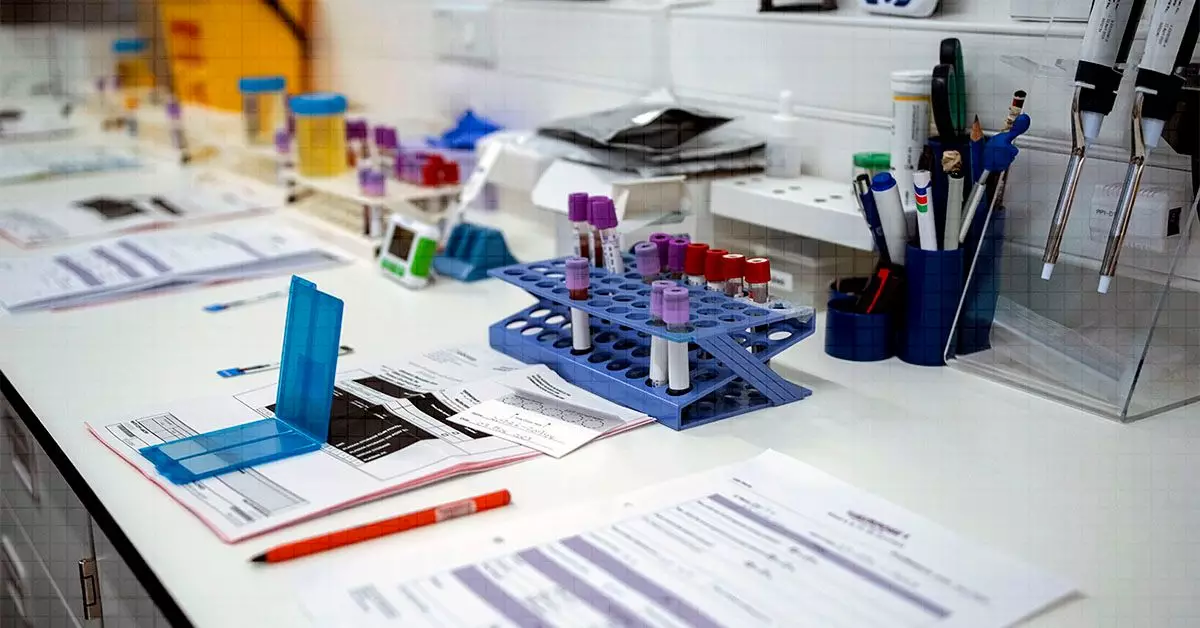Colorectal cancer is often dismissed as a concern for the older demographic, yet an unsettling trend is emerging: an increase in cases among younger adults under 50. This demographic shift demands a heightened awareness, as symptoms frequently elude recognition in their nascent stages. In fact, clear indications are not easily identifiable until the disease has advanced, leaving many at risk of late diagnosis and consequently poorer outcomes. The research conducted in 2023 serves as a stark reminder of the importance of vigilance, pinpointing that symptoms such as pain, altered bowel habits, rectal bleeding, and unintended weight loss are prevalent among younger patients.
The Importance of Symptom Awareness
Parents, caregivers, and individuals must embrace the message that awareness of these seemingly innocuous symptoms can save lives. Many of us dismiss them as signs of less severe conditions such as irritable bowel syndrome or dietary issues, yet the gravity of the situation may be far greater. When experiencing these symptoms, particularly for those under 45, it is crucial to initiate a conversation with a healthcare provider. Specialized consultation can offer vital insights and lead to early diagnosis, potentially mitigating the advanced stages that many experience at the point of detection.
Screening: A Tool for Early Detection
The conversation surrounding screening for colorectal cancer must also evolve. The American Cancer Society’s recommendation for routine screenings to begin at age 45 is a pivotal strategy, but it is essential to understand that those with elevated risk factors must not wait until reaching this age threshold. Factors such as familial history, genetic predispositions, and personal health history are critical in determining when one should begin screening. Engaging healthcare professionals to strategize individual screening timelines can significantly enhance the chances of early detection.
Bridging the Knowledge Gap
The increasing incidence of colorectal cancer in younger adults underscores a pressing need for better education and outreach concerning symptoms and screening practices. It’s crucial to dismantle the stigma surrounding discussions about bowel health, as embarrassment can often hinder individuals from seeking necessary help. Health campaigns and community initiatives should be mobilized to ensure that the public comprehends the significance of recognizing symptoms and understanding personal risk factors, particularly for younger populations.
A Call to Action
The rise in colorectal cancer diagnosis among younger individuals should galvanize not just healthcare professionals but also community leaders and advocates. This issue should transcend the confines of medical conversations and enter broader societal discussions. Articulating the importance of symptom awareness and early screening could foster a culture of proactive health management. This approach could potentially lead to an increased incidence of early-stage detection, ultimately saving lives and enhancing treatment outcomes, paving the way for a healthier future for all.

